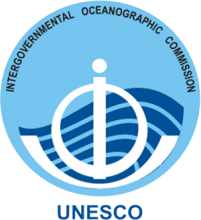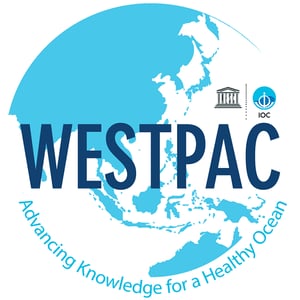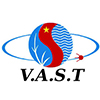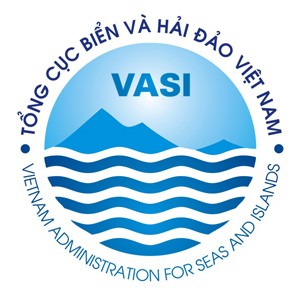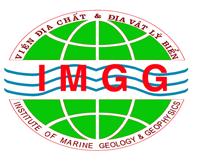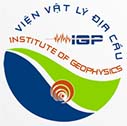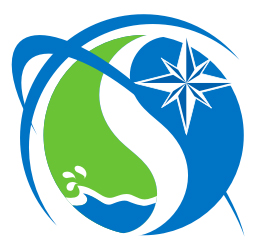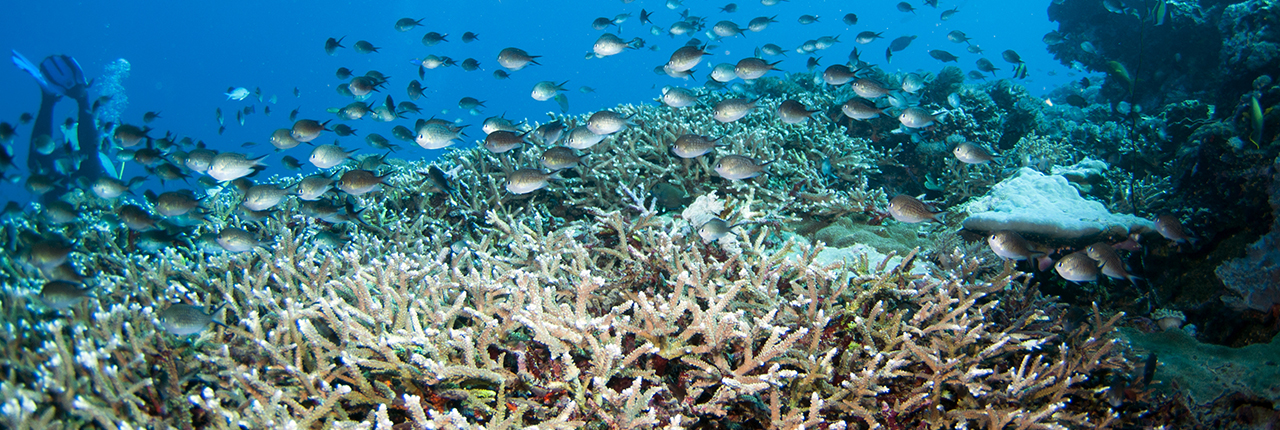
Nusa Lembongan Island, Bali, Indonesia. Photograph: Shutterstock.com / Jhon R. Tambunan
The IOC Regional Training and Research Center on Marine Biodiversity and Ecosystem Health (RTRC-MarBEST) in Indonesia was officially inaugurated on 17 October 2016, representing the substantial implementation of collaboration between the IOC/UNESCO and the Research Center for Oceanography - Indonesian Institute of Sciences (RCO-LIPI).
The objective of the RTRC-MarBEST is to enhance regional research capacity and capability through training activities in the field of classical taxonomy, molecular biology; as well as to establish a common platform on methodology and monitoring of marine ecosystems health particularly of those tropical coastal environments (e.g. coral reefs, seagrass, mangrove). These expertise would be vital for marine biodiversity and conservation for sustainable use of our marine resources.
Since its establishment, the RTRC-MarBEST annually holds two weeks-long training courses in Jakarta by bringing together experts and young scientists in the region. Its first training event took on the topic of crustacean taxonomy (October 17-28, 2016) and the second training on molecular taxonomy (September 25-October 6, 2017). In 2018, the RTRC MarBEST plans to conduct its annual training course on the topic of coral reefs ecosystem.
Background
Coral reef ecosystem that provides habitats for thousands of marine species has been facing various threats from human activities and natural disasters such as habitat degradation, pollution, climate change and extreme events. Living in the world’s coral biodiversity hotspot, coastal societies in the Western Pacific heavily rely on coral reef ecosystem services for their food security and economic development.
Indonesia has a long experience in managing its coral reef biodiversity at genetic, species and ecosystem levels. In particular, its RCO-LIPI has been monitoring coral reef ecosystem health since 1998 through the Coral Reef Rehabilitation and Management Program (COREMAP). Building on its long years’ experience in managing coral reefs and developing methodologies for coral reef health, the RTRC-MarBEST training course 2018 would enable young researchers from the Western Pacific to monitor diversity, distribution and abundance changes, and construct reef health index to assess ecosystem health. The knowledge and skills gained from this training would be beneficial in developing human resources, strengthening monitoring programs and information-sharing networks related to coral reef monitoring and management in the region.
Scope of the training course
RTRC-MarBEST plans to conduct a training course on coral reef health index based on coral reef monitoring data.
Expected outcomes
Participants are expected to improve their understanding and skills on:
• Coral reef ecosystem
• Coral reef health monitoring
• Data collection and analysis using underwater photo transect method
• Constructing and reporting reef health index
Date and venue
Location: Bali
Date: October 22, 2018 – November 2, 2018
Check-in: October 21, 2018
Check-out: November 3, 2018
Lecturers
International experts on coral reef health will deliver lectures during this training course. The lecturers are listed as follows:
• Ove Hoegh Guldberg, Global Change Institute- University of Queensland, Australia
• Emma Kennedy, Global Change Institute-University of Queensland, Australia
• Peter Mumby, University of Queensland, Australia
• Suharsono, Research Center for Oceanography- LIPI, Indonesia
• Kazuo Nadaoka, Tokyo Institute of Technology, Japan
• Thamasek Yeemin, Rhamkhamhaeng University, Thailand
• Mark Erdmann, Conservancy International, Indonesia
• Giyanto, Research Center for Oceanography-LIPI, Indonesia
Training syllabus
Lectures will cover a wide range of topics, including:
• Introduction to the coral reef ecosystem in the Western Pacific
• Future research and global monitoring
• Coral taxonomy
• Reef fishes and their ecological roles
• Coral bleaching and future challenges for coral reef management
• Climate change and ecosystem health
• Management and conservation of coral reefs
• Coastal ecosystem health
• Coral reef health index
• Technique on monitoring survey
• Data analysis from Seaview Survey
• Data collection technique using underwater photography
• Data entry and processing
• Reporting monitoring data
6.2 The training course will also provide hands-on training on the collection of:
• Benthic community data (coverage and biodiversity of coral)
• Reef fish data (diversity and biomass)
6.3 Post-field class activities will help trainees:
• Analyze photo data from the field using Coral Point Count with Excel extensions program
• Analyze reef fish data and obtain fish biomass data
• Constructing coral reef health index
Working language
The training course will be conducted in English.
Required qualification for applicants
Applicants should be young scientists of no more than 35 years with educational or professional background related to coral reef conservation, biology, and ecology. Applicant shall hold a valid A2 Diving License or equal with the ability to work with an underwater camera.
20 trainees will be selected with a priority given to these young scientists from the WESTPAC Member States.
Financial support for participants
A committee will be established to select participants to be awarded financial supports to attend the training course.
Contact and registration
Please return the completed Application form with your CV (including education, work experience, publication, research interests, and etc.), by e-mail to the following address before 15 August 2018:
Ms Sofia Yuniar Sani
Research Center for Oceanography - Indonesian Institute of Sciences (RCO-LIPI)
Tel:+62 64712287; Email: This email address is being protected from spambots. You need JavaScript enabled to view it.
Ms Hilda Novianty
Technical Implementing Unit (TIU)- Pari Island, Indonesian Institute of Sciences
Tel: +62 3143080; Email: This email address is being protected from spambots. You need JavaScript enabled to view it.
Ms Nachapa Saransuth
UNESCO/IOC Regional Office for the Western Pacific (WESTPAC)
Intergovernmental Oceanographic Commission of UNESCO
Tel:+66 2 141 1288; Email: This email address is being protected from spambots. You need JavaScript enabled to view it.
For more information please visit: http://iocwestpac.org/



